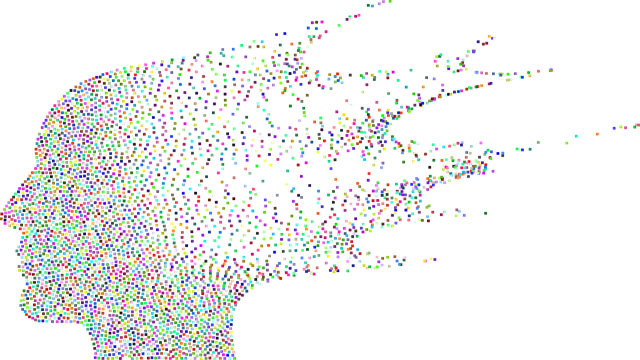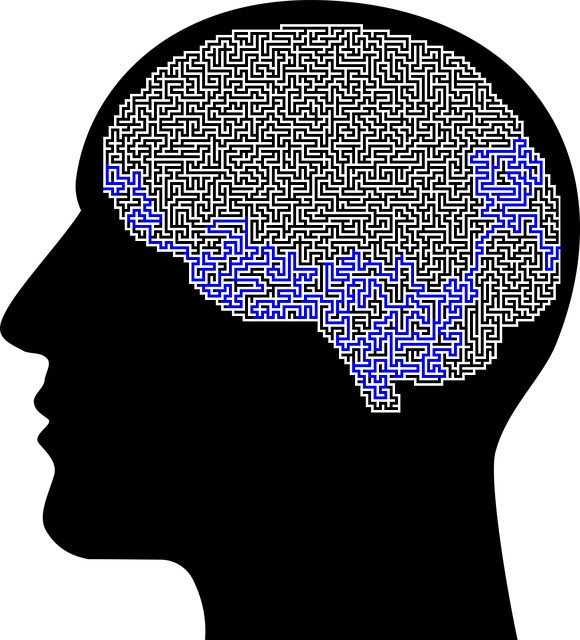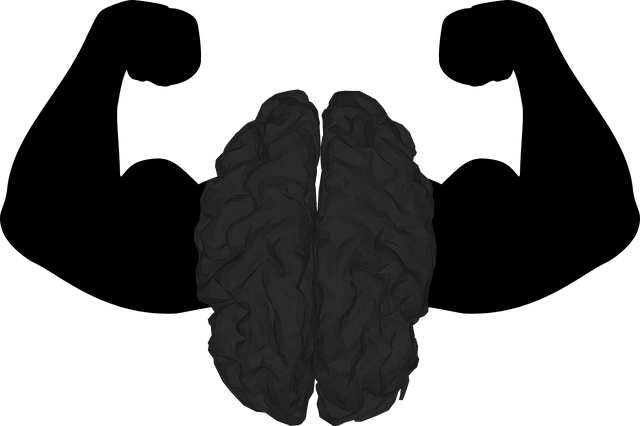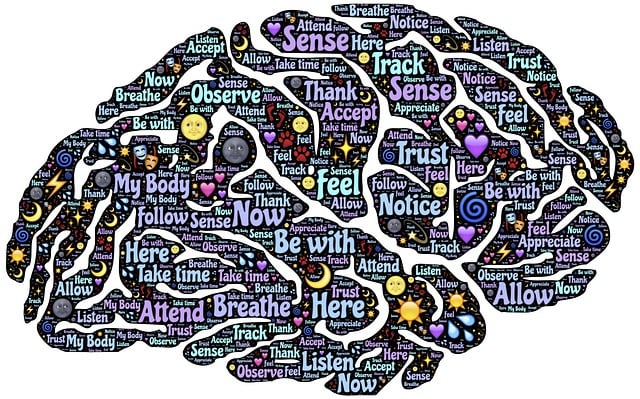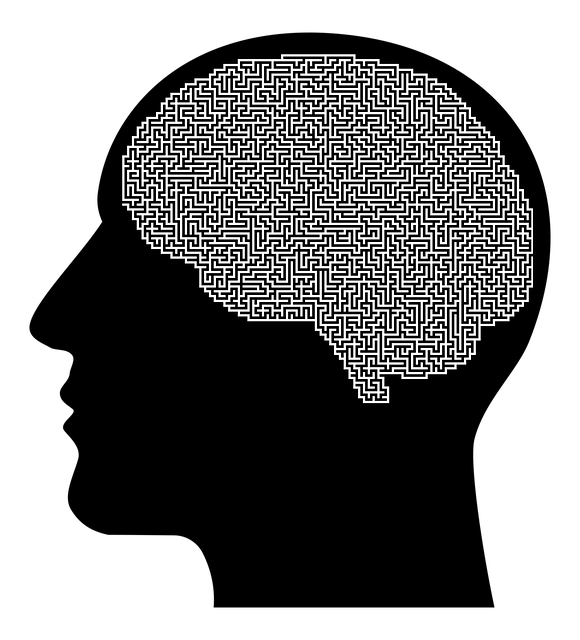Broomfield Bipolar Disorder Therapy leverages advanced data analysis and machine learning to revolutionize mental healthcare. By exploring demographic trends, symptomology, treatment outcomes, and quality of life measures, healthcare professionals gain insights into bipolar disorder and other mental wellness challenges. This knowledge informs tailored support systems for individual needs, benefiting public awareness, workshops, policies, and community mental wellness overall. The holistic approach enhances patient outcomes, prevents provider burnout, and ensures sustainable care for diverse populations.
Mental health data analysis is a powerful tool for understanding and improving patient care. This article delves into the critical components of this process, starting with “Understanding Mental Health Data: The Foundation of Effective Analysis.” We explore how advanced techniques, such as those applied in Broomfield Bipolar Disorder Therapy, unlock valuable insights. Furthermore, we provide practical strategies in “Interpreting Results,” highlighting methods to enhance patient outcomes and tailor care, ensuring a holistic approach to mental health management.
- Understanding Mental Health Data: The Foundation of Effective Analysis
- Broomfield Bipolar Disorder Therapy: Unlocking Insights through Advanced Techniques
- Interpreting Results: Strategies for Enhancing Patient Care and Outcomes
Understanding Mental Health Data: The Foundation of Effective Analysis

Understanding mental health data is the bedrock upon which effective analysis and interpretation stand. This involves comprehending a diverse range of factors—from demographic trends to symptomology, treatment outcomes, and quality-of-life measures. By delving into these complexities, healthcare professionals can gain invaluable insights into mental wellness challenges, such as bipolar disorder, as seen in Broomfield Bipolar Disorder Therapy initiatives. Such knowledge is pivotal for tailoring interventions and support systems that meet the unique needs of individuals grappling with mental health issues.
Public awareness campaigns development, stress management workshops organization, and other similar efforts greatly benefit from robust mental health data analysis. It enables the identification of at-risk populations, informs evidence-based policy decisions, and fosters more targeted and effective prevention strategies. Ultimately, this approach contributes to a holistic improvement in mental wellness across communities.
Broomfield Bipolar Disorder Therapy: Unlocking Insights through Advanced Techniques

Broomfield Bipolar Disorder Therapy is transforming mental healthcare through advanced data analysis techniques. By delving into complex patient datasets, researchers and practitioners can uncover valuable insights into the disorder’s manifestations and treatment responses. This innovative approach leverages sophisticated analytics to identify patterns and trends that may not be apparent through traditional methods.
Advanced techniques, such as machine learning algorithms, play a crucial role in enhancing Broomfield Bipolar Disorder Therapy. These tools enable more precise diagnoses, personalized treatment plans, and effective crisis intervention guidance. Moreover, by incorporating cultural sensitivity in mental healthcare practice, professionals can tailor interventions to address the unique needs of diverse patient populations. This holistic perspective not only improves outcomes but also promotes burnout prevention among healthcare providers, ensuring sustainable care for all.
Interpreting Results: Strategies for Enhancing Patient Care and Outcomes

Interpretation of mental health data is a pivotal step in enhancing patient care and outcomes, especially for conditions like Broomfield Bipolar Disorder Therapy. Accurate analysis allows healthcare providers to tailor interventions effectively. By identifying patterns and trends within the data, professionals can develop personalized treatment plans that address specific needs. This precision medicine approach ensures patients receive the most relevant and beneficial therapies, fostering improved mental wellness.
Strategies for effective interpretation include leveraging advanced analytics techniques, integrating positive thinking principles into care protocols, and prioritizing cultural sensitivity in mental healthcare practice. Mental Wellness Coaching Programs Development plays a crucial role here by empowering individuals to take an active role in their recovery. This collaborative approach not only improves adherence to treatment plans but also promotes long-term mental health sustainability.
Mental health data analysis is a powerful tool, especially in understanding complex conditions like bipolar disorder. As seen with Broomfield Bipolar Disorder Therapy, advanced techniques can unlock valuable insights, leading to improved patient care and outcomes. By interpreting results effectively, healthcare professionals can tailor treatments, ultimately enhancing the quality of life for individuals navigating this challenging condition. This conclusion highlights the critical role data plays in revolutionizing mental health care.





